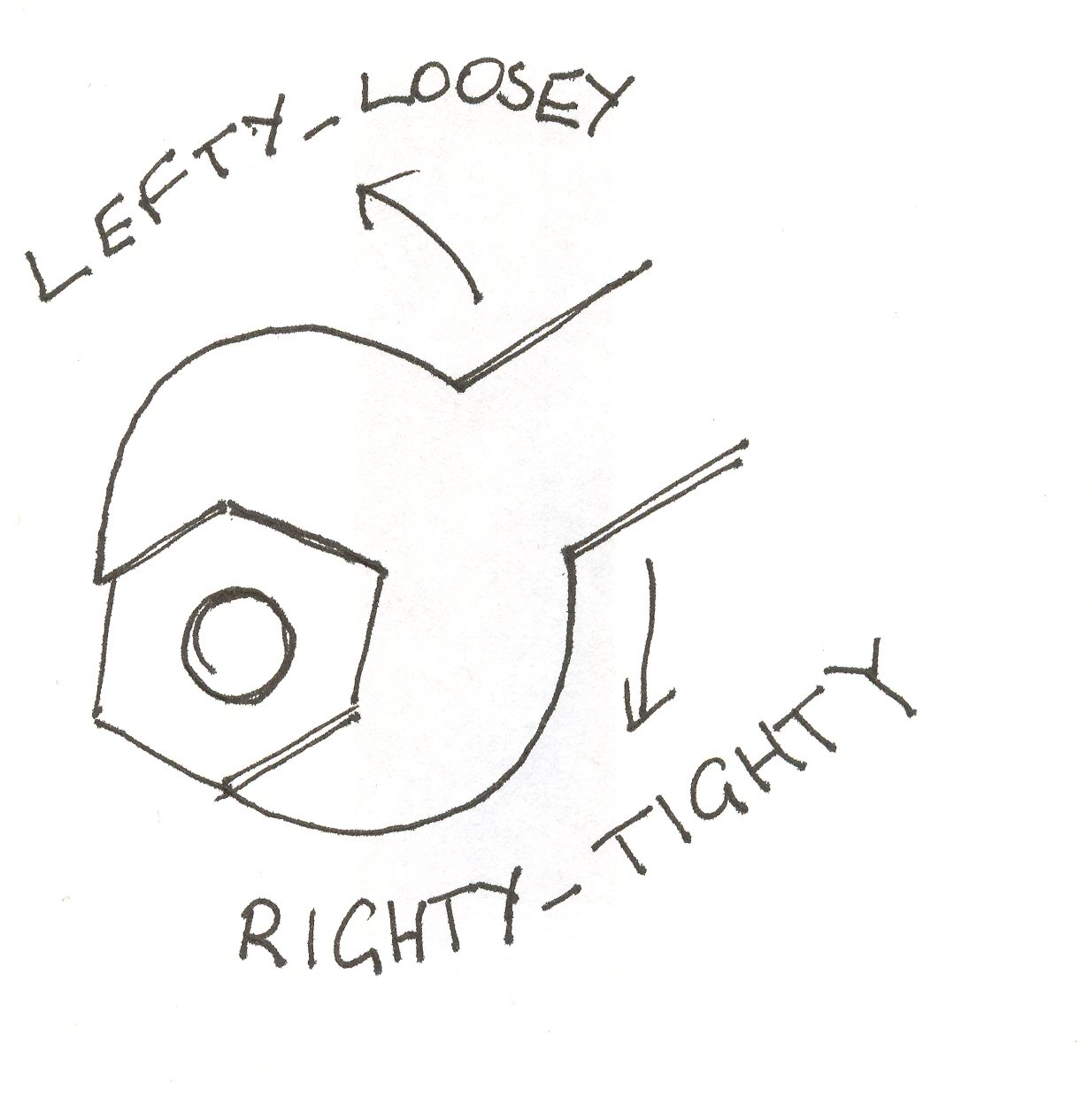this post was submitted on 13 Oct 2024
466 points (97.7% liked)
Asklemmy
44293 readers
1222 users here now
A loosely moderated place to ask open-ended questions
If your post meets the following criteria, it's welcome here!
- Open-ended question
- Not offensive: at this point, we do not have the bandwidth to moderate overtly political discussions. Assume best intent and be excellent to each other.
- Not regarding using or support for Lemmy: context, see the list of support communities and tools for finding communities below
- Not ad nauseam inducing: please make sure it is a question that would be new to most members
- An actual topic of discussion
Looking for support?
Looking for a community?
- Lemmyverse: community search
- sub.rehab: maps old subreddits to fediverse options, marks official as such
- !lemmy411@lemmy.ca: a community for finding communities
~Icon~ ~by~ ~@Double_A@discuss.tchncs.de~
founded 5 years ago
MODERATORS
you are viewing a single comment's thread
view the rest of the comments
view the rest of the comments

I never really got that one, because "left" vs "right" only works when you are looking at the top of the screw. At the bottom, left tightens, and right loosens. So the one I remember is "clockwise to close".
Edit: the image on the post is actually a good example. If I'm off the screen to the right holding the spanner, then from my perspective, "left" would tighten.
I've always thought this too. I understand clockwise/anticlockwise and the direction being defined from the top - but it's a circle - no matter which way you turn, it spends 50% of the time going either direction. The phrase works with screwdrivers (especially ratcheting ones), but not so much spanners or Hex Keys IMO.
I always railed against this. I’m using clockwise-lockwise from now on.
Agreed. If the screw moves left or right, it fell out of its hole, lol. I guess "clockwise" is hard to rhyme.
I explained here, but that's why I prefer using the right-hand-rule. Sometimes thinking about clockwise in strange frame of references hurts my little brain.
It works for screws, but as a kid, I was never sure if the clock on the wall should be visualized attached to the ceiling or on the floor when saying "clockwise". So I was always a bit hessitant on that.
If you mime tightening a bolt, your thumb moves to the right. And vise versa.
Left or right-handed?
Both. Odd that you would ask without trying it yourself.
With my left hand, my thumb starts facing right, and then sort of goes down and towards the left.
Am i weird if i tighten bolts by moving my fingers up/down intsead of side to side?
Nah I do the same till it's loose, it's faster to rotate with minimal rotation. But once it get harder then I do slower but larger rotations with thumb starting from left side and goes towards right for like 120°.